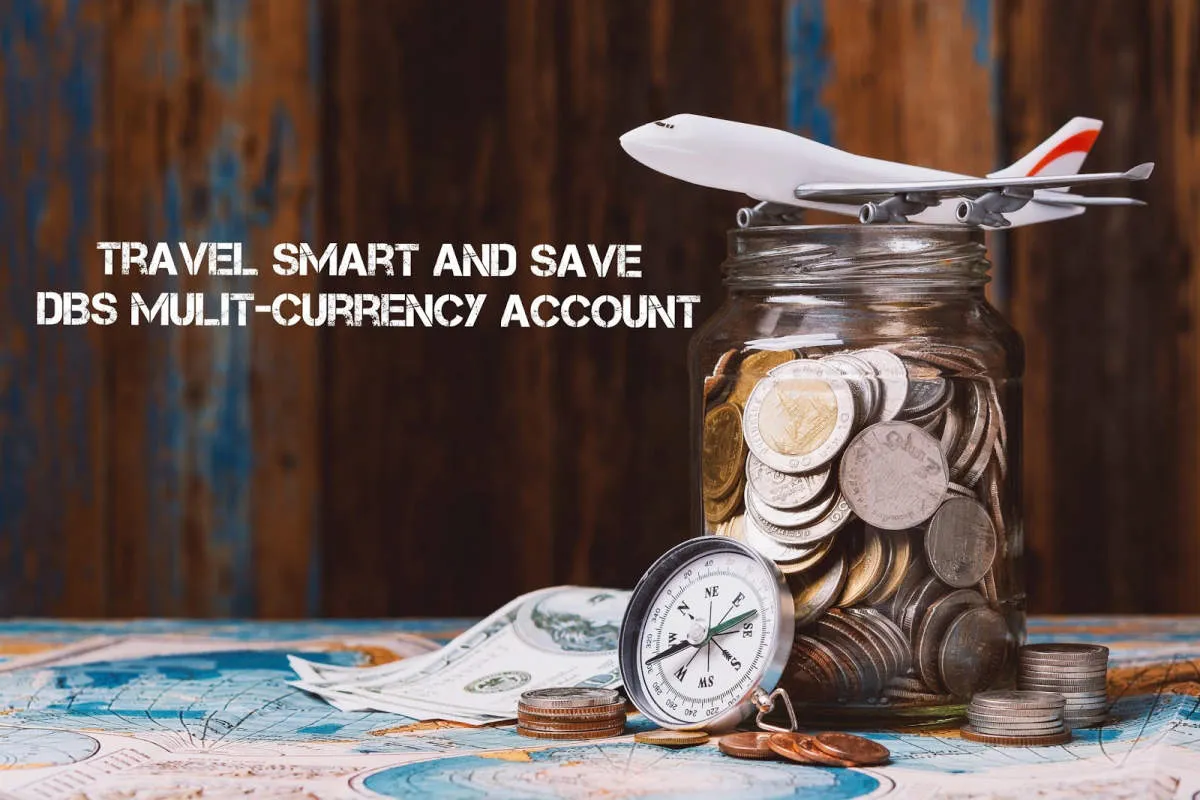Learn the art of traveling smart and saving money with these essential tips that will help you make the most of your adventures without breaking the bank.
Planning Your Trip in Advance
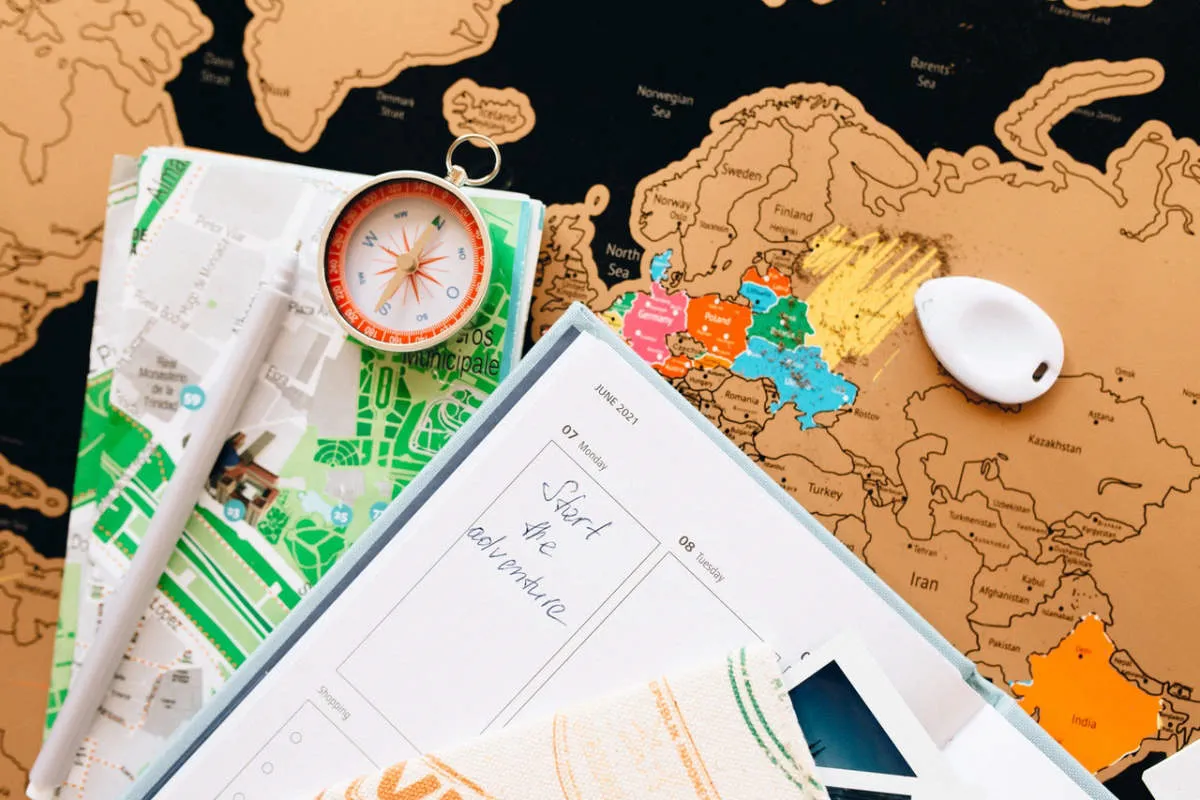
One of the most effective ways to travel smart and save money is to plan your trip in advance. Last-minute bookings often come with higher prices, especially for flights and accommodation. By planning ahead, you have ample time to research and compare prices, giving you the advantage of early bird discounts and more affordable options.
Here are some key benefits of planning your trip in advance:
- Cheaper Flights and Accommodation: Airlines and hotels often reward early birds with lower prices. The earlier you book, the better your chances of snagging a great deal.
- Wider Range of Choices: Leaving trip planning until the last minute often means settling for whatever’s left. Planning in advance gives you a wider range of choices for flights, hotels, tours, and activities, allowing you to tailor your trip to your preferences.
- More Time for Research: Rushing through trip planning can lead to costly mistakes. With ample time, you can thoroughly research your destination, find hidden gems, compare prices, and create a well-structured itinerary.
- Spread Out Expenses: Booking flights, accommodations, and tours in advance allows you to spread out the cost of your trip over a longer period, making it easier on your budget.
Finding Cheap Flights
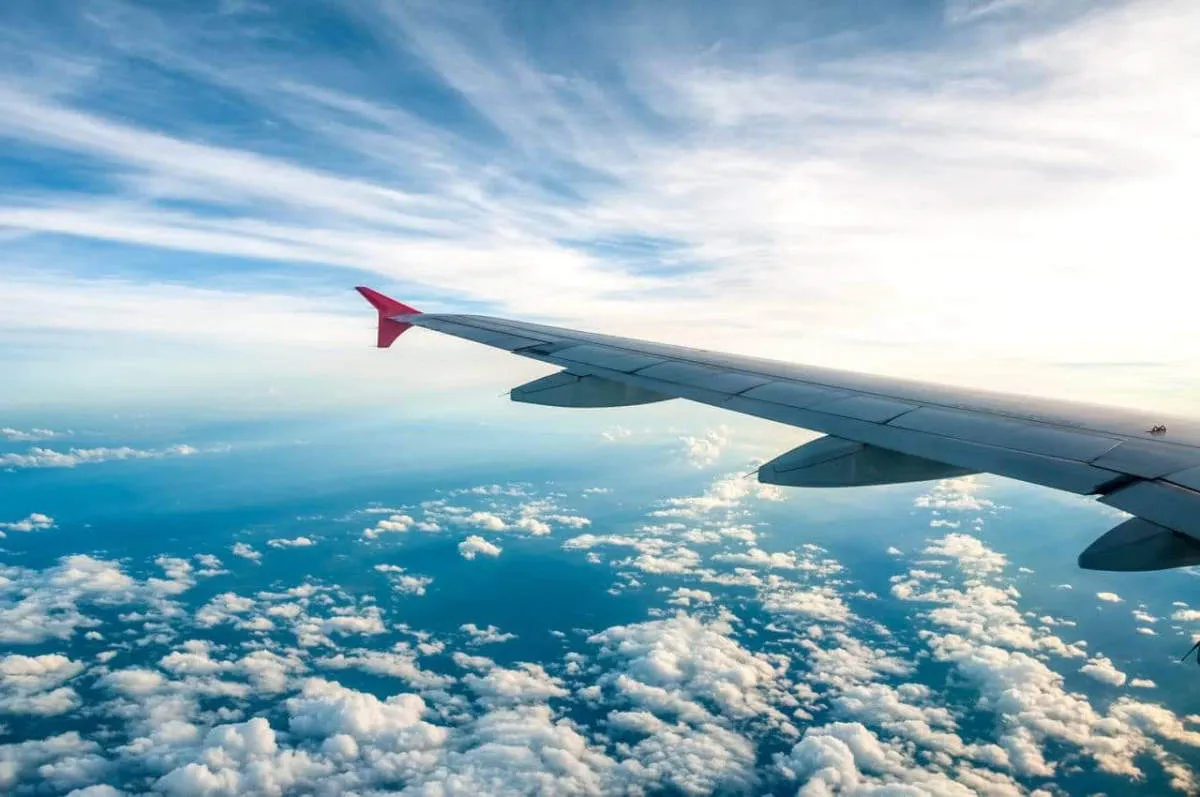
Snagging a deal on airfare is often the cornerstone of a budget-friendly trip. Here are some tried and true tips to help you score affordable flights:
Be Flexible
Flexibility is key when hunting for cheap flights. Consider these factors:
- Destination: Having some wiggle room in your destination choices opens up more possibilities. Consider exploring alternative airports near your desired location, as they might have cheaper flight options.
- Dates: Flying during the off-season or shoulder seasons (the periods between peak and off-peak) can lead to substantial savings. Weekdays, especially Tuesdays and Wednesdays, tend to have lower fares compared to weekends.
Utilize Flight Search Engines and Tools
Flight comparison websites are your best friends when it comes to finding deals. Don’t be afraid to use several of them, as prices can vary:
- Skyscanner
- Google Flights
- Kayak
- Momondo
Pro-tip: Many of these websites have features like price alerts that notify you of fare fluctuations for your chosen routes.
Consider Budget Airlines
While they might not offer all the bells and whistles, budget airlines can save you a bundle, especially on short-haul flights. Be mindful of extra fees for baggage and seat selection.
Think Outside the Box
Sometimes, flying to a major hub and then taking a budget airline or train to your final destination can be cheaper than a direct flight.
Staying in Budget Accommodations
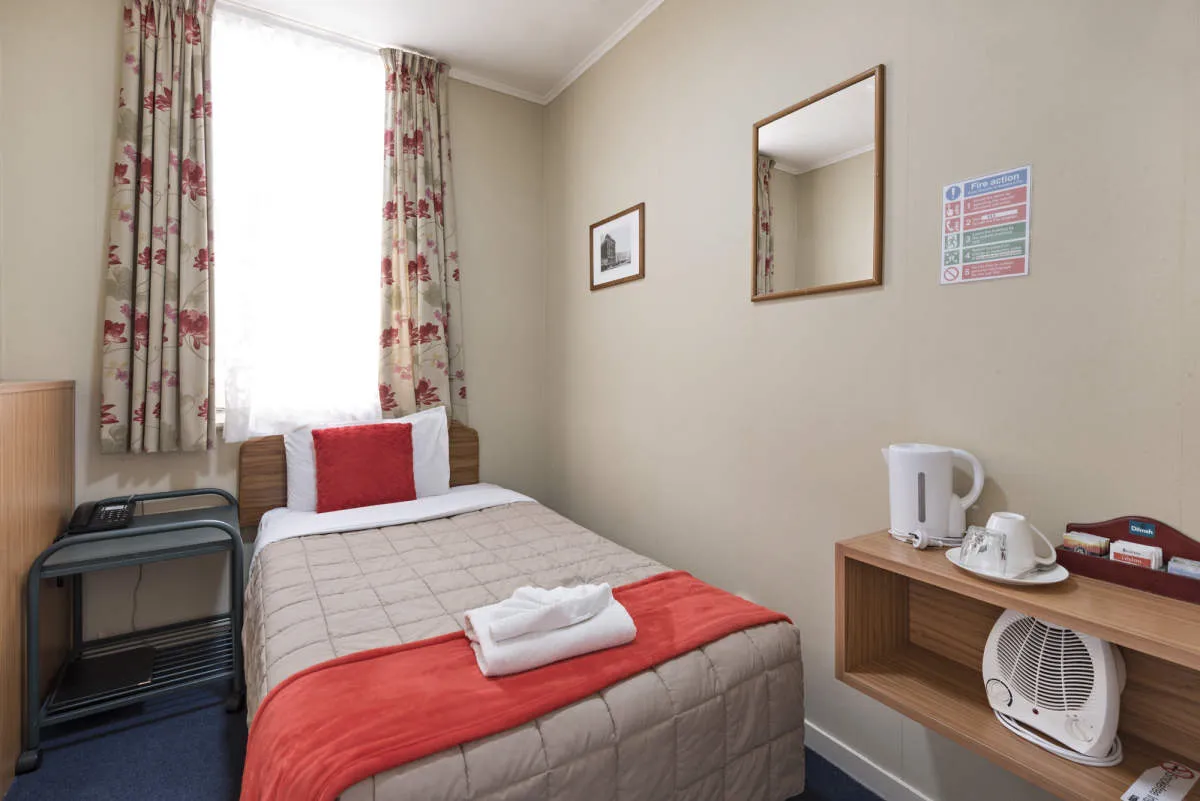
Finding affordable accommodations is crucial for budget travelers. Here are some tips for saving money on lodging:
1. Consider Alternatives to Hotels
Explore options beyond traditional hotels, such as:
- Hostels: Offering dormitory-style or private rooms at budget-friendly prices.
- Guesthouses: Smaller, often family-run establishments with cozy rooms and personalized service.
- Home Rentals: Platforms like Airbnb and VRBO connect travelers with locals offering entire apartments or rooms for rent.
2. Look for Deals and Discounts
Take advantage of special offers and discounts by:
- Booking in Advance: Securing accommodations early often comes with lower rates.
- Traveling During Off-Season: Prices tend to be more affordable during less popular travel times.
- Using Discount Websites and Apps: Explore websites and apps that specialize in travel deals, such as Kayak, Expedia, and Skyscanner.
3. Choose Location Wisely
Consider the location of your accommodations:
- Staying Outside of City Centers: Prices often decrease as you move further away from tourist hubs.
- Opting for Neighborhoods with Good Public Transportation: Easy access to public transport can save on transportation costs.
4. Pack Light
Packing light can help you avoid checked baggage fees and allow for more flexibility in choosing budget-friendly transportation options.
Using Public Transport
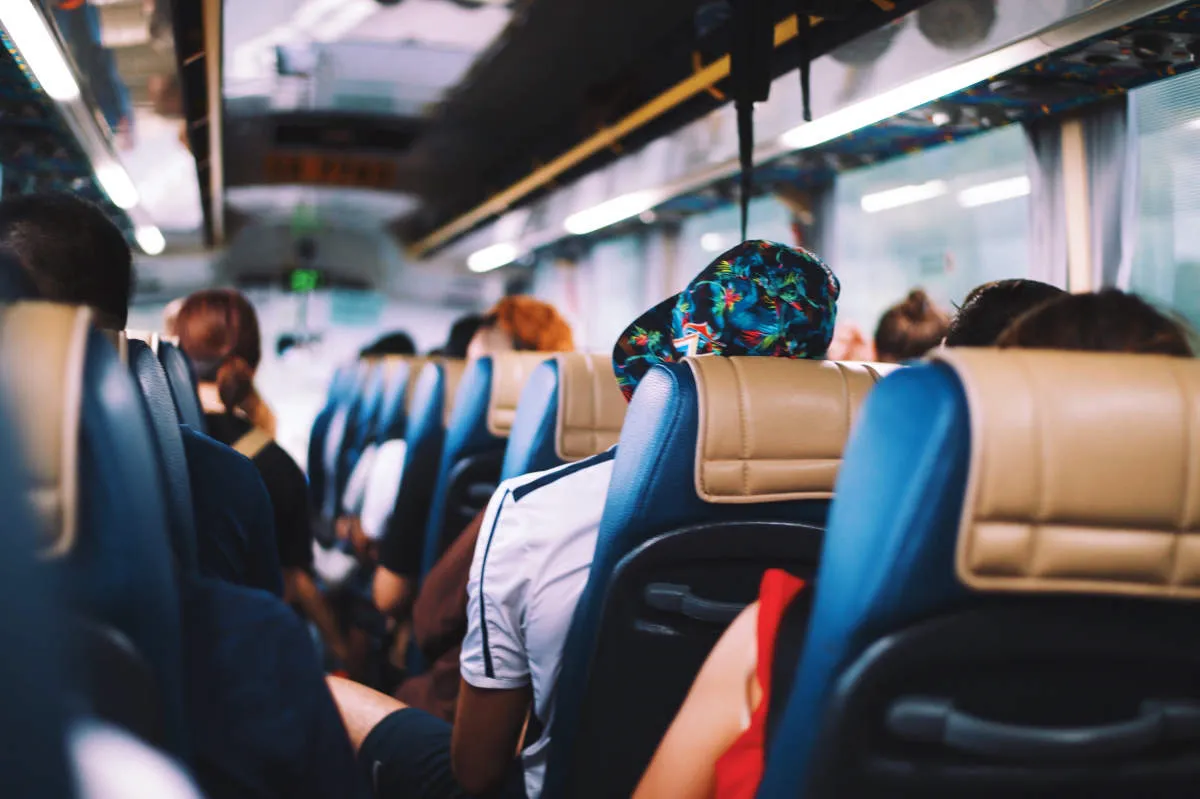
One of the most effective ways to slash your travel budget is to embrace public transportation. Whether it’s a bustling city subway or a scenic train route, opting for buses, trains, and subways over taxis and ride-sharing services can lead to significant savings.
Research and Plan: Before you even set foot outside, familiarize yourself with the local public transport network. Many cities offer online journey planners or apps that provide real-time information about routes, schedules, and fares.
Consider Travel Passes: If you plan on using public transport frequently during your trip, look into purchasing a travel pass or card. These often offer discounted fares compared to buying individual tickets and can save you time and hassle.
Off-Peak Travel: Taking advantage of off-peak travel times can sometimes lead to lower fares. Research whether the public transportation system in your destination offers discounted pricing during less busy hours.
Walk or Bike When Possible: For shorter distances, consider walking or renting a bicycle. This not only saves you money but also allows you to experience the destination like a local and get some exercise in.
Eating Like a Local

One of the biggest expenses while traveling is often food. Eating out for every meal can quickly drain your budget. To travel smart and save money, embrace the local cuisine and eating habits:
1. Ditch the Tourist Traps:
Restaurants in heavily touristed areas often inflate prices. Venture a few blocks away from the main attractions to find more authentic and affordable options.
2. Embrace Street Food:
Many destinations offer delicious and inexpensive street food. Not only is it budget-friendly, but it’s a fantastic way to experience local flavors and culture.
3. Cook Your Own Meals:
If you have access to a kitchen (hostel or rental), consider cooking some of your meals. Visiting local markets for fresh produce and ingredients can be an experience in itself and will save you money.
4. Pack Your Own Snacks:
Carrying your own snacks, especially for day trips or long journeys, can prevent impulsive purchases at convenience stores or tourist spots.
5. Look for Lunch Specials:
Many restaurants offer discounted lunch menus or “prix fixe” options, which can be a great way to enjoy a sit-down meal at a lower price.
6. Ask Locals for Recommendations:
Don’t be afraid to ask hotel staff, tour guides, or even people you meet along the way for recommendations on where to find good, affordable local food.
7. Learn a Few Key Phrases:
In some countries, being able to order in the local language, even if it’s just a few basic phrases, can sometimes get you better prices and service.
Using Travel Rewards Programs

Travel rewards programs, encompassing airline miles, hotel points, and credit card rewards, can be a game-changer for the budget-conscious traveler. By strategically accumulating and redeeming points, you can unlock significant savings on flights, accommodations, and other travel expenses.
Choosing the Right Programs
Selecting the right program is key. Consider your travel habits – do you prioritize a specific airline or hotel chain? Are you flexible with travel dates and destinations?
- Airline miles: Ideal for frequent flyers loyal to a specific airline or alliance. Benefits can include free flights, upgrades, and priority boarding.
- Hotel points: Perfect for travelers who frequent a specific hotel chain. Perks may include free nights, room upgrades, and late check-out.
- Credit card rewards: Offer flexibility, as points can often be redeemed for travel across various airlines and hotels, or even for statement credits.
Maximizing Your Rewards
Once you’ve chosen your programs, optimize your points accumulation:
- Concentrate your spending: Channel as many purchases as possible through your rewards credit card to maximize points earned.
- Look for bonus offers: Many programs offer sign-up bonuses, bonus points for specific spending categories, or limited-time promotions.
- Consider a travel rewards strategy: For serious points enthusiasts, explore strategies like “travel hacking” to accelerate earning potential (but proceed with caution and research thoroughly).
Redeeming Your Rewards Wisely
Avoid using points for low-value redemptions. Research different options to maximize the value of your points. Sometimes, transferring points between programs can unlock better deals.
Finding Free Activities
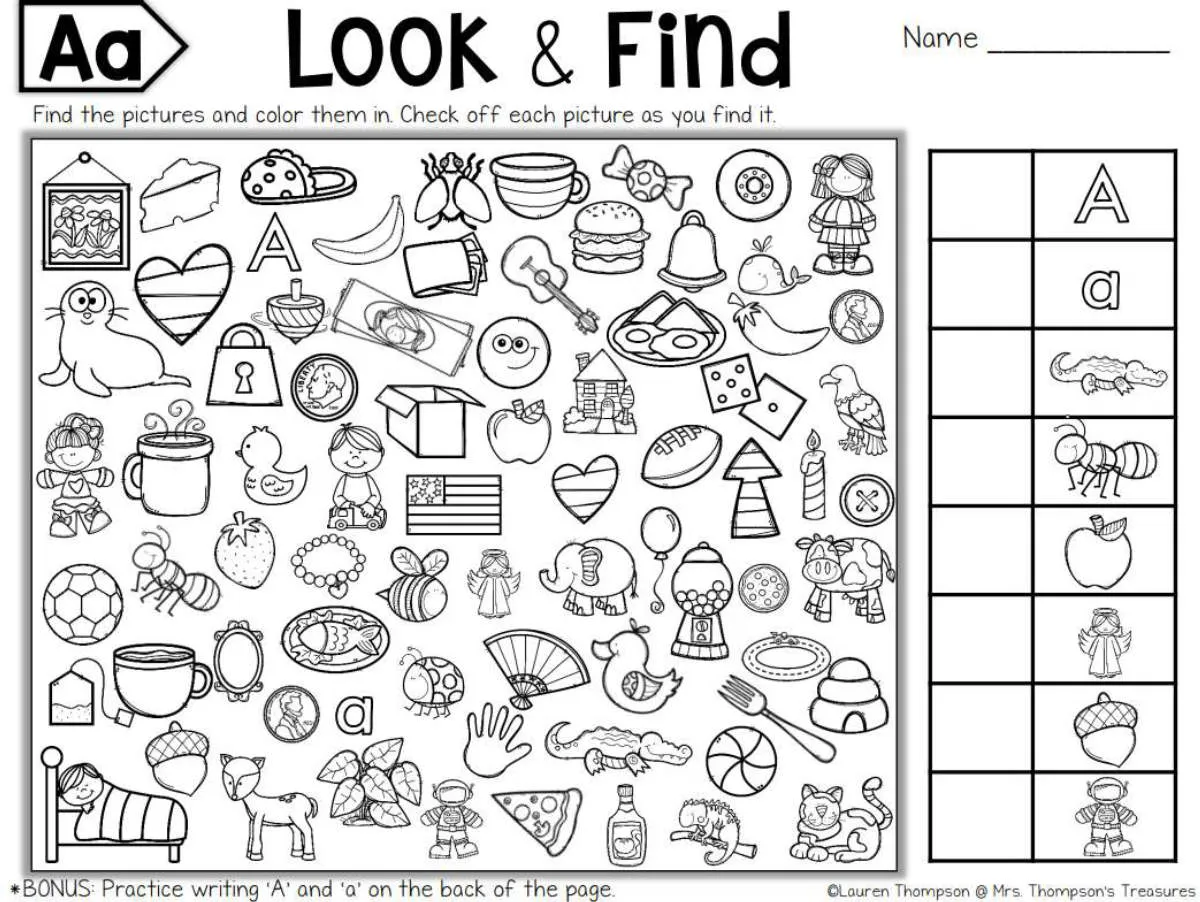
Traveling doesn’t have to break the bank. One of the best ways to save money on your trips is by seeking out free activities. Many destinations offer a wealth of attractions and experiences that won’t cost you a dime. Here are some tips for finding free things to do:
1. Research Before You Go
The internet is your friend! Before you even leave home, spend some time researching free activities in your destination. Websites like Tripadvisor, Lonely Planet, and even official tourism boards often have sections dedicated to budget-friendly and free things to do.
2. Embrace the Great Outdoors
Parks, gardens, beaches, and hiking trails are fantastic resources for free entertainment. Many cities boast stunning green spaces perfect for a relaxing picnic, a scenic walk, or even just soaking up the sun.
3. Look for Free Museum Days
Many museums and art galleries offer free admission on certain days of the week or month. Check their websites or call ahead to see if you can snag a free visit.
4. Take Advantage of Free Walking Tours
Walking tours are a fantastic way to get acquainted with a new city, and many are completely free (though tips for the guide are appreciated). Free walking tours are a great way to learn about the history, culture, and architecture of your destination.
5. Seek Out Local Events
Keep an eye out for free festivals, markets, concerts, and other events happening during your trip. Check local event listings, newspapers, or ask at your accommodation for recommendations.
6. Visit Religious Sites
Churches, temples, mosques, and other religious sites are often free to enter and can offer a glimpse into the spiritual side of a destination. Just remember to be respectful of customs and dress codes.
Traveling During Off-Peak Seasons

One of the most effective ways to save money on travel is to embrace the off-peak season. These “shoulder seasons,” as they’re often called, fall between the peak tourist rushes and offer a sweet spot of pleasant weather, fewer crowds, and significantly lower prices.
What is Off-Peak Season?
Off-peak season varies depending on your destination, but generally, it falls outside of major holidays, school breaks, and peak weather periods. For example:
- Europe: Spring (April-May) and Fall (September-October), excluding Easter week.
- Caribbean: Late spring to early summer (May-June) before hurricane season.
- Southeast Asia: Shoulder seasons (March-May and September-October) before and after the monsoon.
Benefits of Off-Peak Travel
- Lower Prices: Flights, accommodations, and even attractions often offer significant discounts during off-peak seasons.
- Fewer Crowds: Enjoy shorter lines, more space, and a more authentic experience without the masses.
- Better Availability: You’ll have more options for flights, accommodations, and tours, giving you greater flexibility in planning.
- Pleasant Weather: Shoulder seasons can offer comfortable temperatures and enjoyable weather without the extremes of peak season.
Tips for Traveling During Off-Peak Seasons
- Be Flexible: If your dates are flexible, you’ll have a better chance of finding great deals.
- Research Thoroughly: Check average weather conditions, local events, and any potential closures during your chosen time frame.
- Book in Advance: While last-minute deals can happen, it’s often best to book flights and accommodations ahead of time, especially if your dates are fixed.
- Embrace Spontaneity: With fewer crowds, you’ll have more opportunities to explore off-the-beaten-path destinations and activities.
Traveling with Friends

Traveling with friends is a fantastic way to create lasting memories and share incredible experiences. It can also be a huge boost to your travel budget! Here’s how to leverage group travel for smarter, more affordable adventures:
Shared Accommodation Costs
One of the biggest expenses on any trip is accommodation. When you travel with friends, you can significantly reduce this cost by splitting the price of hotel rooms, vacation rentals, or even hostel dorms. Consider booking larger accommodations like apartments or houses, which often offer a lower per-person cost and amenities like kitchens that can save you money on meals.
Group Discounts and Transportation
Many tourist attractions, transportation providers, and tour companies offer discounted rates for groups. Take advantage of these deals by booking in advance and inquiring about group discounts on everything from museum entries to train tickets. Additionally, sharing costs on rental cars, taxis, or ride-sharing services can lead to significant savings.
Shared Meals and Groceries
Eating out for every meal can quickly drain your travel funds. Traveling with friends allows you to share the cost of groceries and cook meals together, offering a more affordable and often more social dining experience. Consider having potluck-style dinners where each person or couple contributes a dish.
Splitting Costs Easily
Keep track of shared expenses and settle up fairly with apps specifically designed for group travel budgeting, such as Splitwise or Tricount. These apps make it easy to record expenses, track who owes what, and simplify settling up at the end of the trip, minimizing potential financial disagreements.
Using Travel Apps
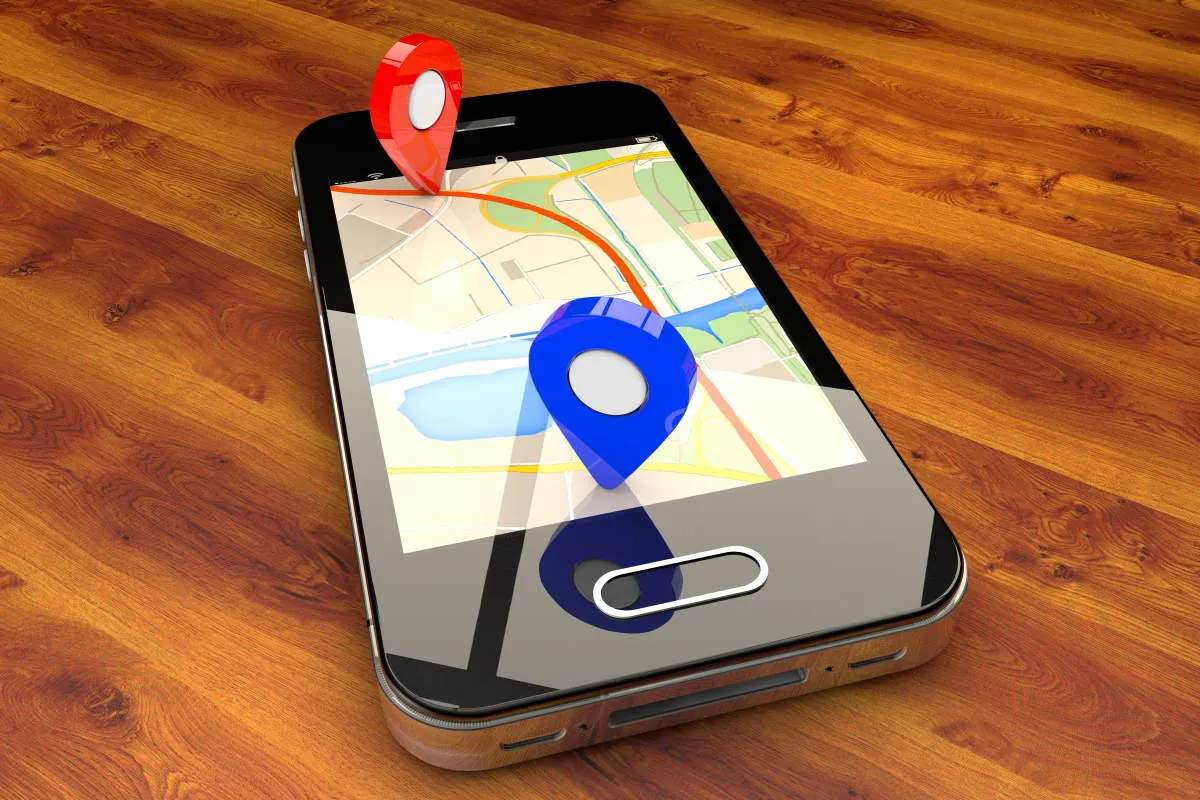
In today’s digital age, your smartphone can be your most powerful travel companion. Travel apps offer a plethora of resources to help you travel smart and save money, putting the world at your fingertips. Here’s how you can leverage them:
Finding Affordable Flights and Accommodation:
- Flight comparison apps: Skyscanner, Google Flights, Hopper, and Momondo allow you to compare prices from various airlines, set fare alerts, and identify the cheapest days to fly.
- Accommodation booking apps: Airbnb, Booking.com, Hostelworld, and Agoda offer a range of options from budget-friendly hostels to luxurious hotels, often with user reviews and discounts.
Navigating Your Destination:
- Offline maps: Google Maps and Maps.me allow you to download maps for offline use, eliminating the need for expensive roaming data charges and ensuring you never get lost.
- Public transportation apps: Citymapper, Transit, and Moovit provide real-time information on public transportation options, routes, and schedules, helping you navigate cities like a local.
- Ride-hailing apps: Uber and Lyft offer convenient and often cost-effective transportation options, especially for late-night travel or reaching destinations not easily accessible by public transport.
Enhancing Your Travel Experience:
- Language translation apps: Google Translate and Duolingo can help bridge communication gaps, translate signs and menus, and allow you to interact with locals more easily.
- Currency conversion apps: XE Currency and Currency Converter Plus provide real-time exchange rates to ensure you’re getting a fair deal and avoid unnecessary fees.
- Travel guide apps: TripAdvisor, Lonely Planet Guides, and Culture Trip offer curated recommendations for attractions, restaurants, and hidden gems, complete with reviews and offline access.
Conclusion
In conclusion, by planning ahead, using budget-friendly accommodations, and taking advantage of travel rewards, anyone can travel smart and save money while still enjoying unforgettable experiences.

